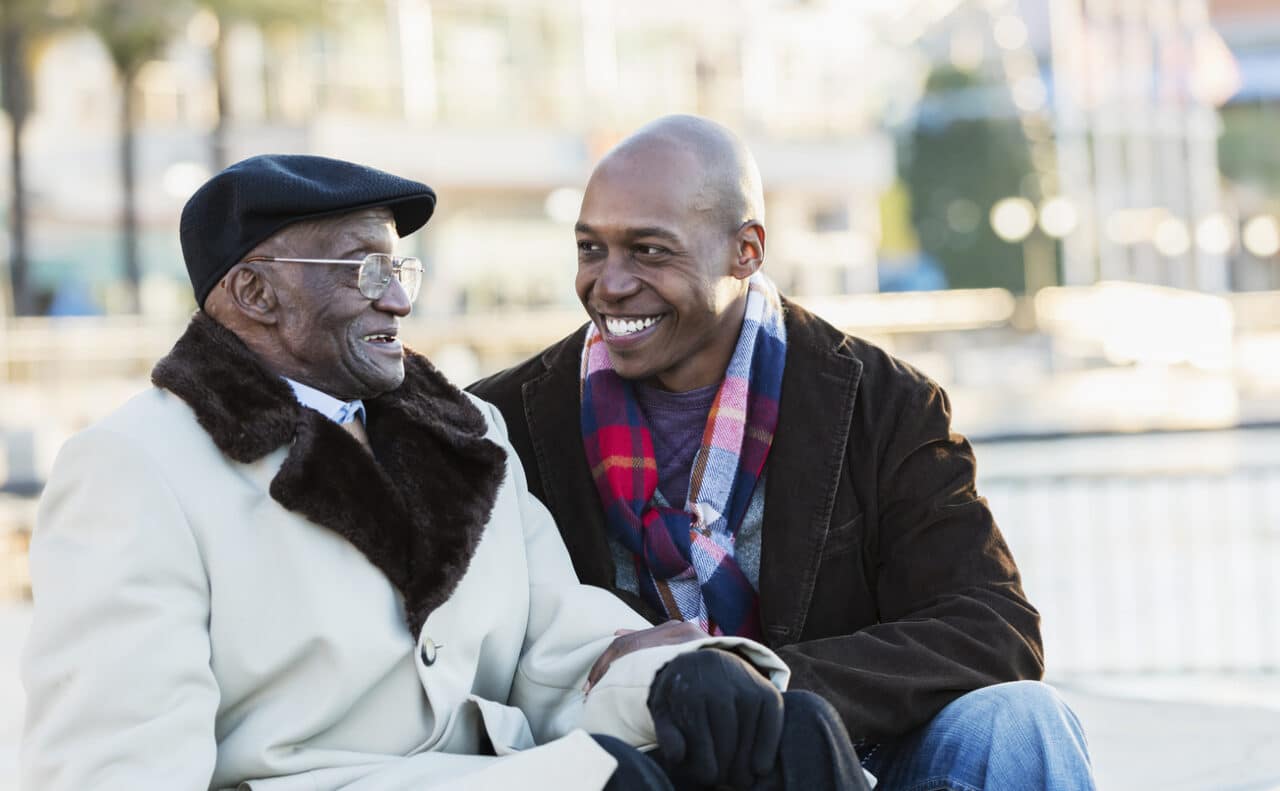Nearly one in three people between the ages of 65 and 74 has hearing loss. Hearing loss can create communication difficulty, decrease background awareness and erode independence over time. Unfortunately, having hearing loss as an older adult can also change the way people perceive you, leading to a phenomenon known as elderspeak.
What To Know About Elderspeak

Elderspeak is defined as an inappropriate speech register commonly used with older adults. Frequently compared to baby talk, elderspeak uses simplified language, exaggerated tones and a slower pace. Although many people may not even realize they’re using elderspeak, it is fairly common, especially in healthcare settings. Elderspeak is generally perceived as condescending and disrespectful by older adults and can create an unnecessary divide between the speaker and listener.
How Does Untreated Hearing Loss Contribute to Elderspeak?
When a person lives with untreated hearing loss, they may struggle to communicate with those around them. Small things like ordering dinner at Carbonara or going shopping may start to feel out of reach. When someone notices their loved one struggling with communication, they may perceive the difficulties as mental confusion—leading them to use elderspeak.
Why Should I Avoid Elderspeak?
Hearing loss can affect communication and independence, but using elderspeak is not the solution. Instead of altering your speech for older adults with hearing loss, gently encourage them to seek treatment with hearing aids. These devices enhance speech clarity and background sounds, helping restore communication and self-reliance.
Remember, living with hearing loss can be frustrating and challenging, and the support of those around you is crucial to your overall well-being. It’s important to avoid making assumptions about someone’s mental acuity based on their hearing ability. If you’re concerned about understanding and communication ease, ask people what they need. Avoiding elderspeak is about treating older adults with dignity and ensuring they feel valued in conversations. By encouraging hearing treatment and maintaining respect in conversations, you can help bolster the people in your life, rather than diminish them.
For more information about hearing loss in older adults or to make an appointment for a treatment consultation, contact ENT Specialists Of Northern Virginia today to speak to one of our specialists.